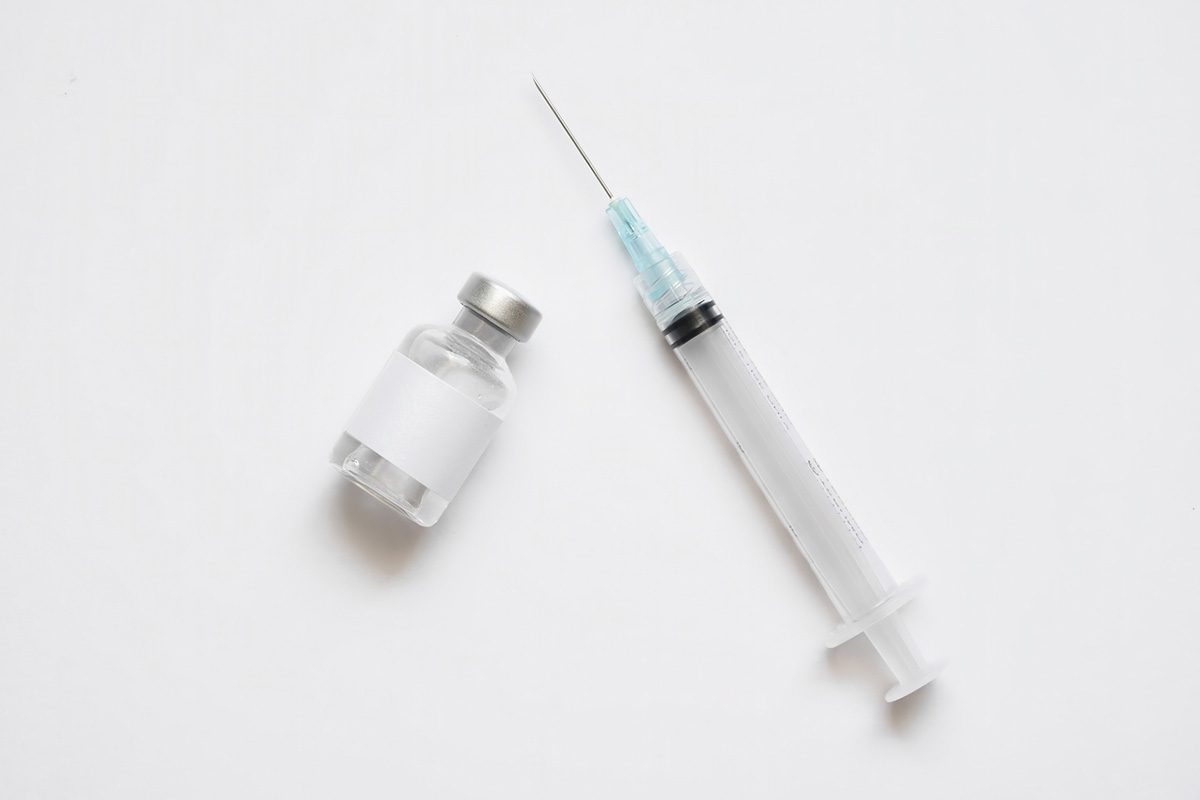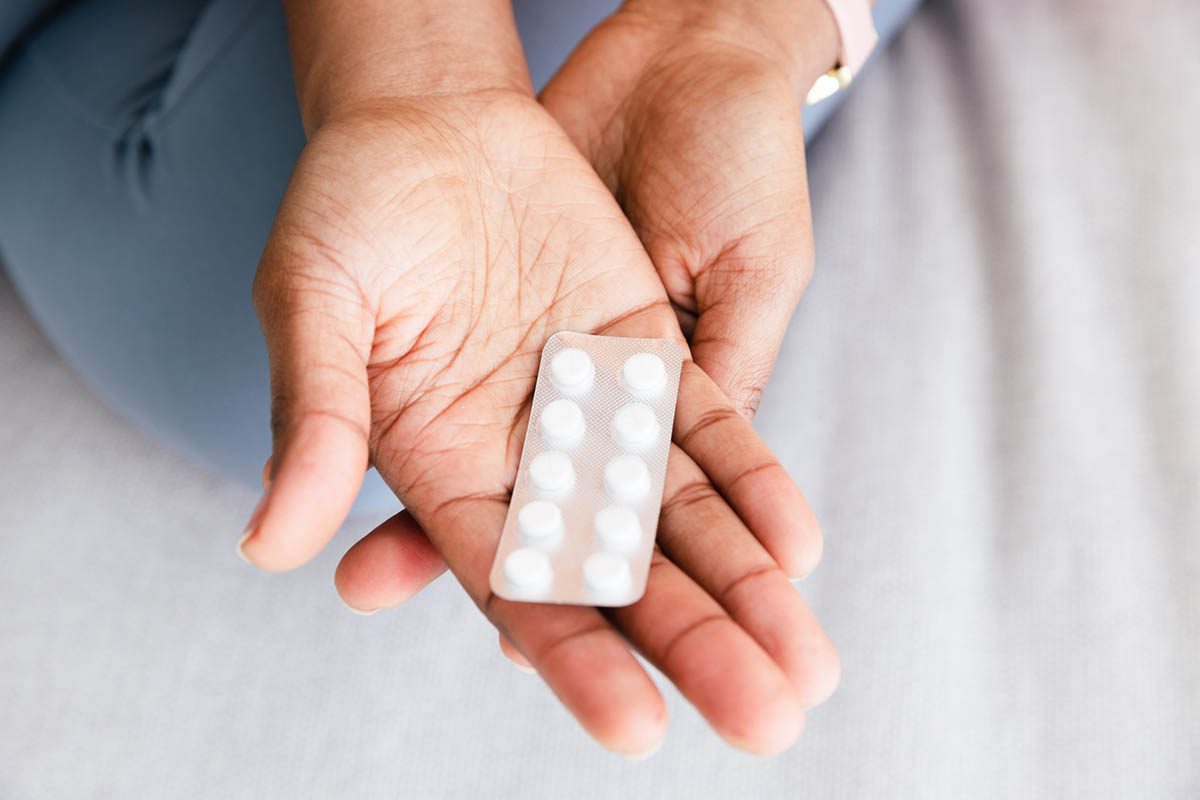Objective: This study examined the effects of 2doses of long-acting risperidone injection in patients withschizophrenia or schizoaffective disorder.
Method: This 52-week, prospective, randomized,double-blind, multicenter, international study includedclinically stable outpatients with schizophrenia orschizoaffective disorder (DSM-IV criteria). Settings includedphysicians’ offices and clinics. Patients received a fixed doseof long-acting risperidone (25 or 50 mg) every 2 weeks. Primaryoutcome was time to relapse, defined as either rehospitalizationor other exacerbation criteria. Other assessments included thePositive and Negative Syndrome Scale, Clinical GlobalImpressions-Severity of Illness scale, and functional andquality-of-life measures. Safety was assessed viatreatment-emergent adverse events, laboratory tests, and movementdisorder rating scales. Data were collected from December 2002 toSeptember 2004.
Results: A total of 324 patients were randomizedto 25 mg (N = 163) or 50 mg (N = 161) of long-acting risperidone.Time to relapse was comparable (p = .131) for both groups.Projected median time to relapse was 161.8 weeks (95% CI = 103.0 to254.2) with 25 mg and 259.0 weeks (95% CI = 153.6 to 436.8) with 50mg. One-year incidences of relapse were 21.6% (N = 35) and 14.9%(N = 24), respectively (p = .059). Psychiatric hospitalization wasthe reason for relapse for 16 (10%) in the 25-mg group and 10(6%) in the 50-mg group. Patients experienced statisticallysignificant but modest improvements at endpoint in most measures(i.e., psychotic symptoms, functioning, movement disorderseverity) with both doses, with no significant between-groupdifferences.
Conclusion: In this 1-year study, long-actingrisperidone was associated with low relapse and rehospitalizationrates, indicating that doses of 25 to 50 mg are appropriate forlong-term treatment in schizophrenia.
Clinical Trials Registration: ClinicalTrials.govidentifier NCT00297388.
Author Affiliations

Enjoy free PDF downloads as part of your membership!
Save
Cite



